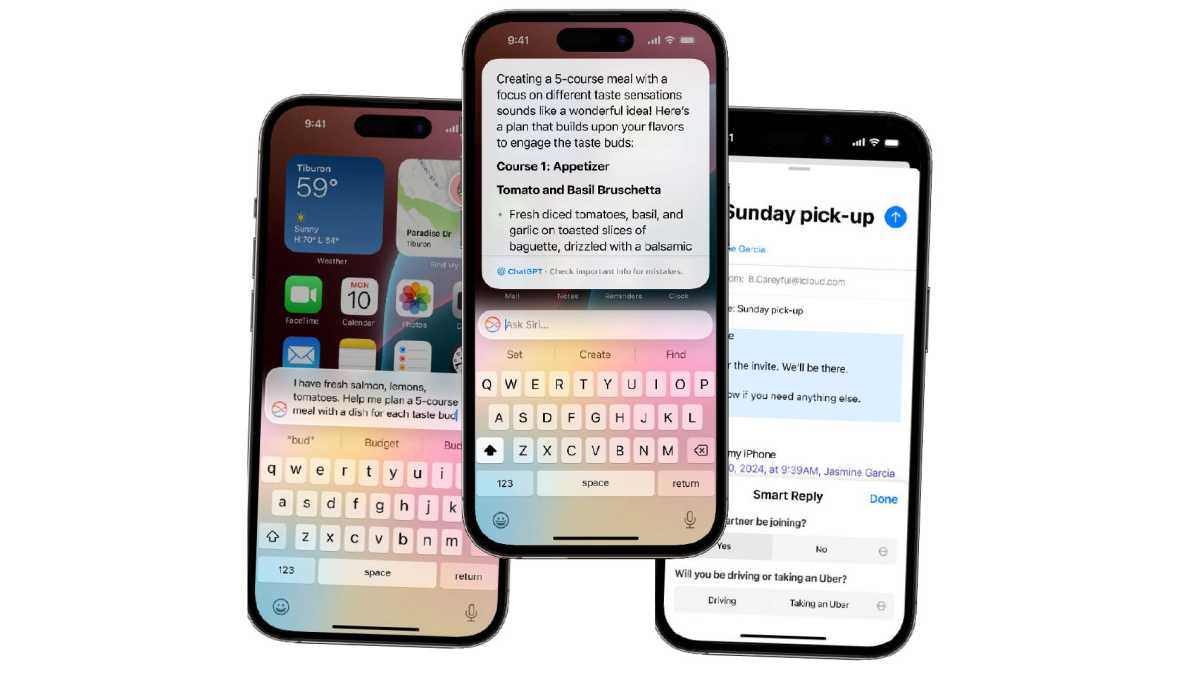Apple’s long-anticipated, embarrassingly delayed AI Siri overhaul may still arrive on the best iPhones later this year, according to a new report.
The New York Times has issued a snapshot of Apple’s present struggles with AI – that being, of course, Apple Intelligence, not artificial intelligence. According to alleged Apple insiders, the company is suffering from “political infighting, penny pinching and talent drain”.
There has seemingly been an executive reshuffle that has seen former Siri lead John Giannandrea moved on. However, the most encouraging point in the piece reveals that Apple’s AI-enhanced Siri is still on for release this year, with a specific autumn launch window mentioned.
The report doesn’t get any more specific than that, but it probably doesn’t need to. What with autumn falling across September, October, and November here in the Northern Hemisphere, it seems likely that the new AI Siri will be made available alongside iOS 19 in September – or very soon after.
Why this new AI Siri release date is a positive
Believe it or not, this new launch window can be classed as good news. Just last month Apple was forced to make a statement revealing that the new smarter Siri would be coming “in the coming year”.
This led many pessimistic types (guilty as charged) to speculate that this meant early 2026. Confirmation that Apple’s spokesperson actually meant within the calendar year is progress, of a sort.
Of course, the new all-singing Siri was initially supposed to launch soon after the launch of iOS 18. Indeed, it formed a core part of the advertising push for the iPhone 16 range, which was subsequently pulled and rejigged.
According to inside reports, Apple found that its newfangled Siri assistant was providing inaccurate responses to nearly a third of requests.
What will the new Siri be able to do?
The new Apple Intelligence-inflected Siri is supposed to be far more contextually aware than the current assistant. That should entail being able to work across apps, as well as being able to analyse whatever’s on screen at the time.
You should be able to follow up your usual Siri questions without the need to run through the context, as if the previous interaction never happened. It should also be capable of directly controlling specific app functions.
All of which sounds like a sorely needed boost from the original smartphone personal assistant, which has fallen way behind competing provisions (most notably Google Assistant and now Gemini) since it launched in 2011.















